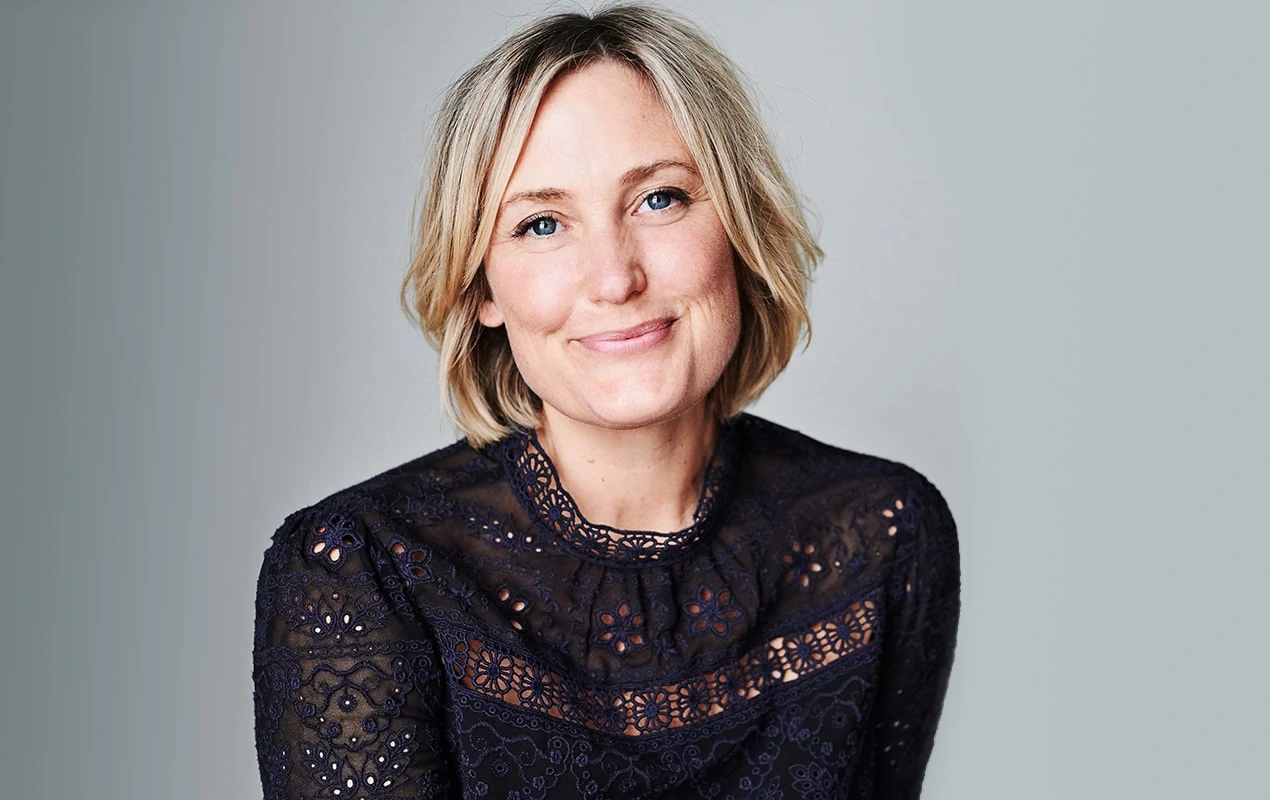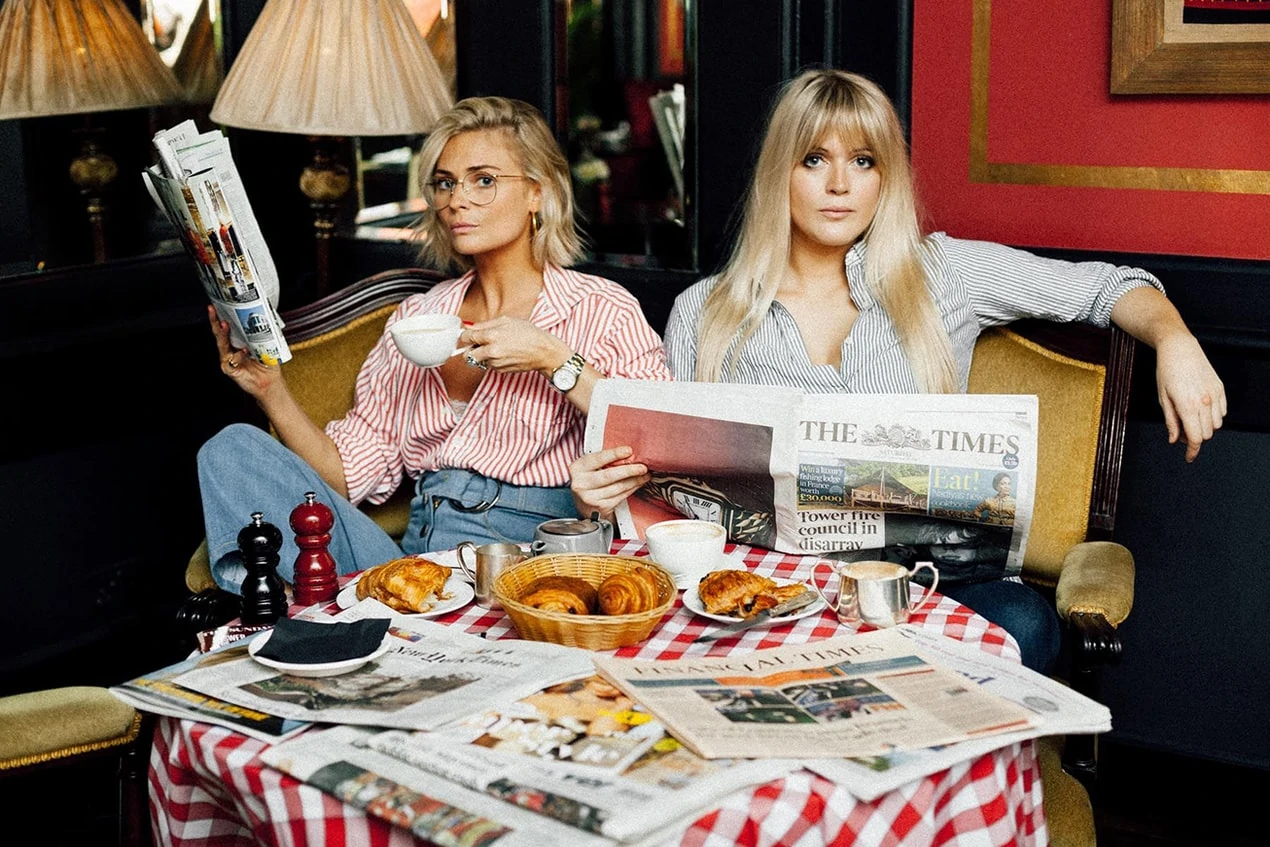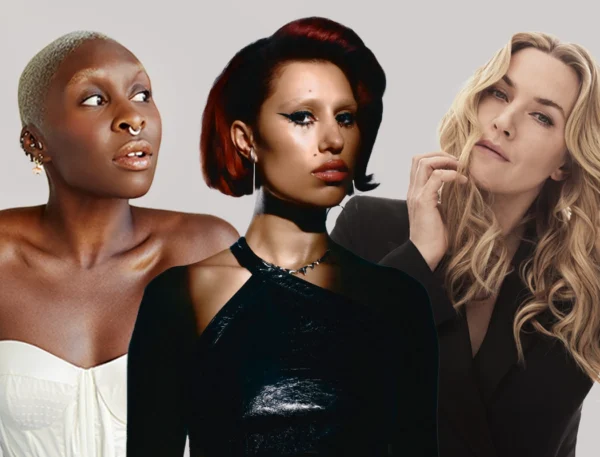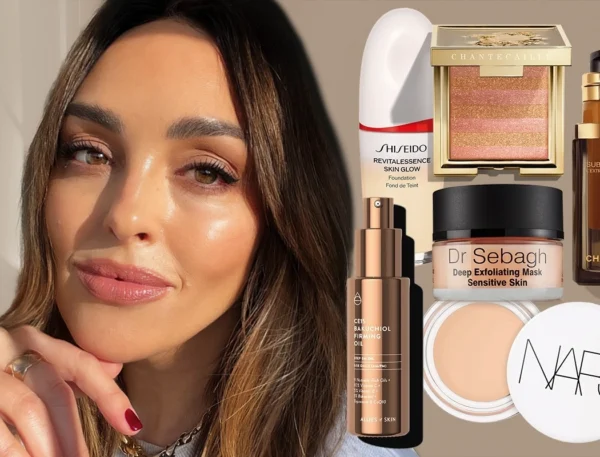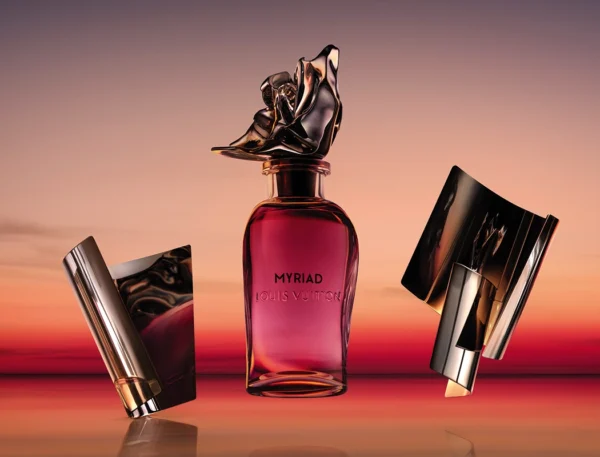September is Gynaecological Cancer Awareness Month, yet 78% of women don’t know that there are five different types. Here, in a bid to help raise awareness, we speak to filmmaker, Lady Garden Foundation founder and host of The Happy Vagina podcast, Mika Simmons, about what we need to know, and how she’s combatting the issue herself with her new campaign.
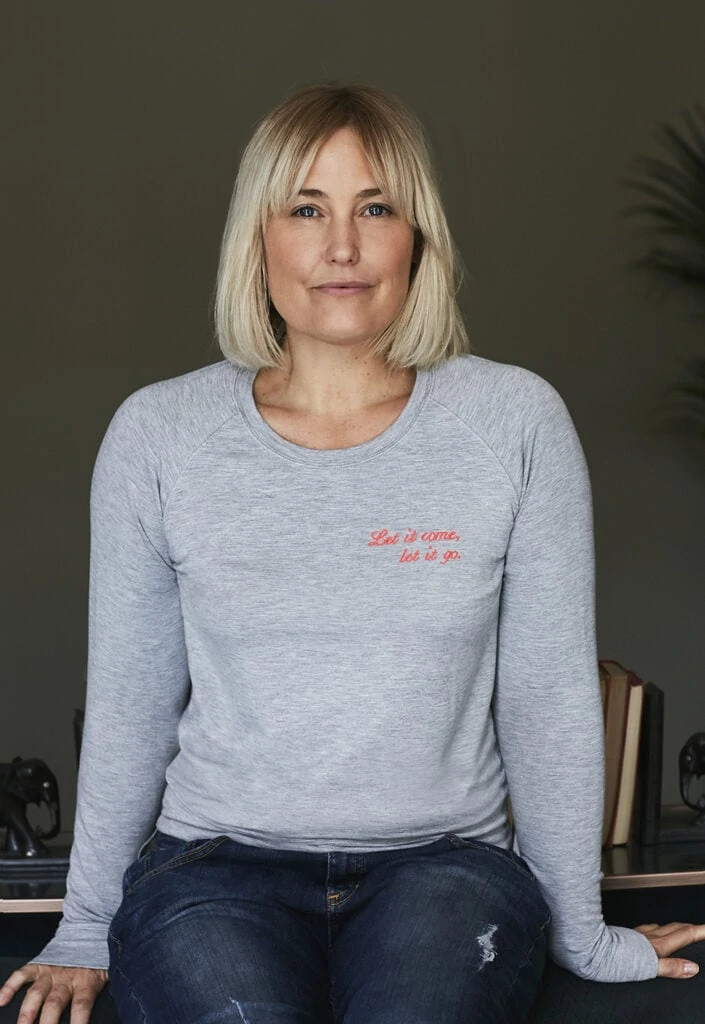 Pin
Pin Lockdown has been hard on women’s health. Unless symptoms were very extreme, women were not being seen by doctors which had serious consequences. This is especially true of gynaecological cancers, as the indicators are very specific and most women don’t know what they are. You can find out what exactly those symptoms are here.
Ovarian cancer is nicknamed ‘the silent killer’. Often, the symptoms don’t show until quite late in the day, so it’s absolutely imperative that we have medication for it. The key is to know your body and be aware of the symptoms so that you understand what to look for. Too often, they can be dismissed as IBS.
I lost my mother to ovarian cancer. Fast-forward 10 years, and my neighbour, Dr Susana Banerjee knocked on my door after becoming the head of oncology for gyneacological cancers at the Royal Marsden Hospital. We agreed to work together to raise money for key research into ovarian cancer – this was how The Lady Garden Foundation started.
To date, we’ve raised over a £1m for the Royal Marsden’s cancer research team. This has funded a new drug to treat ovarian cancer which has now been greenlit. It’s always challenging raising money for research – there’s no guarantee you’ll get a ‘result’. But this time the gamble has paid off.
Helping to create a drug which will save women’s lives was a proud moment. But the stuff that touches my heart most are the cards we get from people thanking us for prompting them to go to the doctors and get a smear, which showed they had precancerous cervical cells. This kind of prevention can also save lives.
The gender health gap is real. Five times more research is done into erectile dysfunction, which affects only 19% of men, than into premenstrual syndrome, which affects 90% of women. What’s more, a 2019 study found that on average, women received cancer diagnoses two and a half years after men, and metabolic disease diagnoses four and a half years later.
The ‘My Happy Vagina’ campaign is all about celebrating gynaecological positivity and self-love. For it I partnered with the knicker brand Stripe and Stare. Together we reached out to women who inspired us who could talk about how they achieved deep acceptance and confidence around their gynaecological health. So we’ve got testimonials from the likes of Sex Education’s Tanya Reynolds, I May Destroy You‘s Ann Akin and sex educator Alix Fox. But we’ve also handed the microphone back to listeners who sent in their stories, which our contributors read allowed. It’s empowering listening.
Gynaecological positivity is about being connected with our bodies. This means accepting them – we need to stop looking in the mirror and thinking what we see down there is ugly. After all, it’s where life comes from – we should be bowing down to it! But connection also means talking about it with people you trust. It’s important to have an honest conversation about how you feel about that part of your body and to ask questions.
I created The Happy Vagina podcast because I wanted to discuss wider issues than those just in the cancer space – we talk about all areas of gynaecological health. But the name does come up against some conflicts – there are still people and publications who are resistant to the word ‘vagina’. But if anything, that just proves to me how much work there is to do. After all, it’s an anatomical term, not a swear word.
We need to have more realistic representations of the female sexual experience on screen. We see so many films where women’s sexual encounters look easy, and so you start to think yours should be like that too. So you start to lie and the whole experience becomes shrouded with shame. That’s before you take into consideration the damaging experiences we can have at school, the negative rhetoric we get from Biblical literature, society’s problematic approach to body image…
The #MeToo movement was a watershed moment for women’s sexuality. It made us feel like we don’t have to say yes, not only to people we don’t want to be sexually active with, but to all things we don’t think are right for us. It gave women a voice that has never been heard in such a loud way before.
The best advice I’ve been given on intimacy is to know yourself via self-pleasure first. If you don’t know how to give yourself pleasure, you shouldn’t assume someone else will automatically be able to. Learn how to do it yourself so that you can tell your partner exactly what you like and not have to compromise.
Ultimately, we need to be responsible for our own bodies. We need the doctors and the experts and the testing, yes, but we also need to look after our own health by making sure we understand and know our bodies. That is how we keep ourselves happy and healthy.
Tune into Mika Simmons on The Happy podcast via all major podcast platforms; thehappyvagina.co
Support the campaign and shop The Happy Vagina knickers here.





